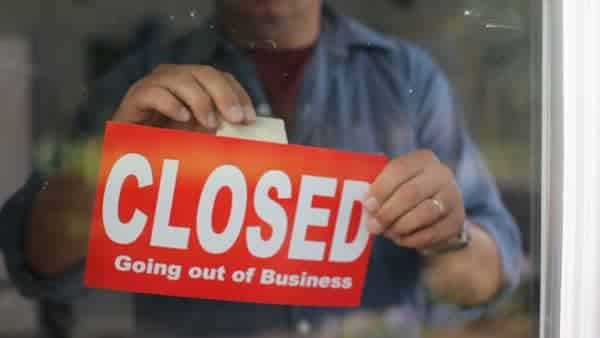Why Do So Many Trades Businesses Fail?

They start with promise. A skilled plumber opens their own shop. An HVAC tech builds a client base. A contractor takes on bigger and bigger jobs.
And then—almost suddenly—it’s gone.
Despite booming demand for skilled labor, many trades businesses don’t survive beyond their first few years. These aren’t businesses that fail because the work isn’t needed. They fail because knowing your craft isn’t the same as running a company.
If we want to grow and protect America’s trades, we need to talk honestly about why these businesses are failing—and what can be done about it.
Top Reasons Trades Businesses Struggle
- Limited Business Training
Most trade programs teach technical skills—not pricing, payroll, customer service, or profit margins. Skilled tradespeople often leap into entrepreneurship without the tools to run the back office. - Cash Flow Chaos
Work can be seasonal, payments delayed, and expenses unpredictable. Without a solid grasp of cash flow planning, even profitable businesses can end up in financial distress. - Burnout
Many tradespeople work long hours, handle physical labor, and juggle admin duties alone. When the pressure becomes too much, they shut down—not for lack of business, but lack of bandwidth. - No Succession Plan
What happens when the owner retires, gets injured, or wants out? Often: nothing. Without a plan or someone to pass the torch to, the business simply closes. - Trouble Scaling
Hiring, managing, and trusting others is hard—especially when your name is on the truck. Many owners never grow past “one-man band” status, which limits revenue and increases personal risk.
Why This Hurts the Industry
Every time a trades business fails, it reinforces a damaging message:
This path is risky.
It’s unstable.
You’re better off elsewhere.
That message turns away new talent, damages community trust, and keeps the industry stuck in survival mode instead of building for the future.
What Can Help
We need to treat trades entrepreneurship as a real, respected business path. That means:
- Incorporating business education into trade training programs
- Offering mentorship and peer networks for trades business owners
- Creating access to capital that understands the nature of trade cycles
- Supporting mental health and work-life balance for small business owners in physical professions
When we equip skilled tradespeople to run sustainable businesses, we don’t just protect their livelihood—we protect the industries we all rely on.
Final Thought
A leaky pipe or dead HVAC system can feel like a crisis. But so can watching a good business vanish because no one ever taught the owner how to manage cash flow, hire help, or take a day off.
At Dealing With Debt, we’re here to support builders of all kinds—whether you’re learning a trade, starting a business, or fighting to keep it going. One job. One tool. One checkbook at a time.
Next Up: “How the Trades Lost the Marketing Battle to Traditional Colleges”






Responses